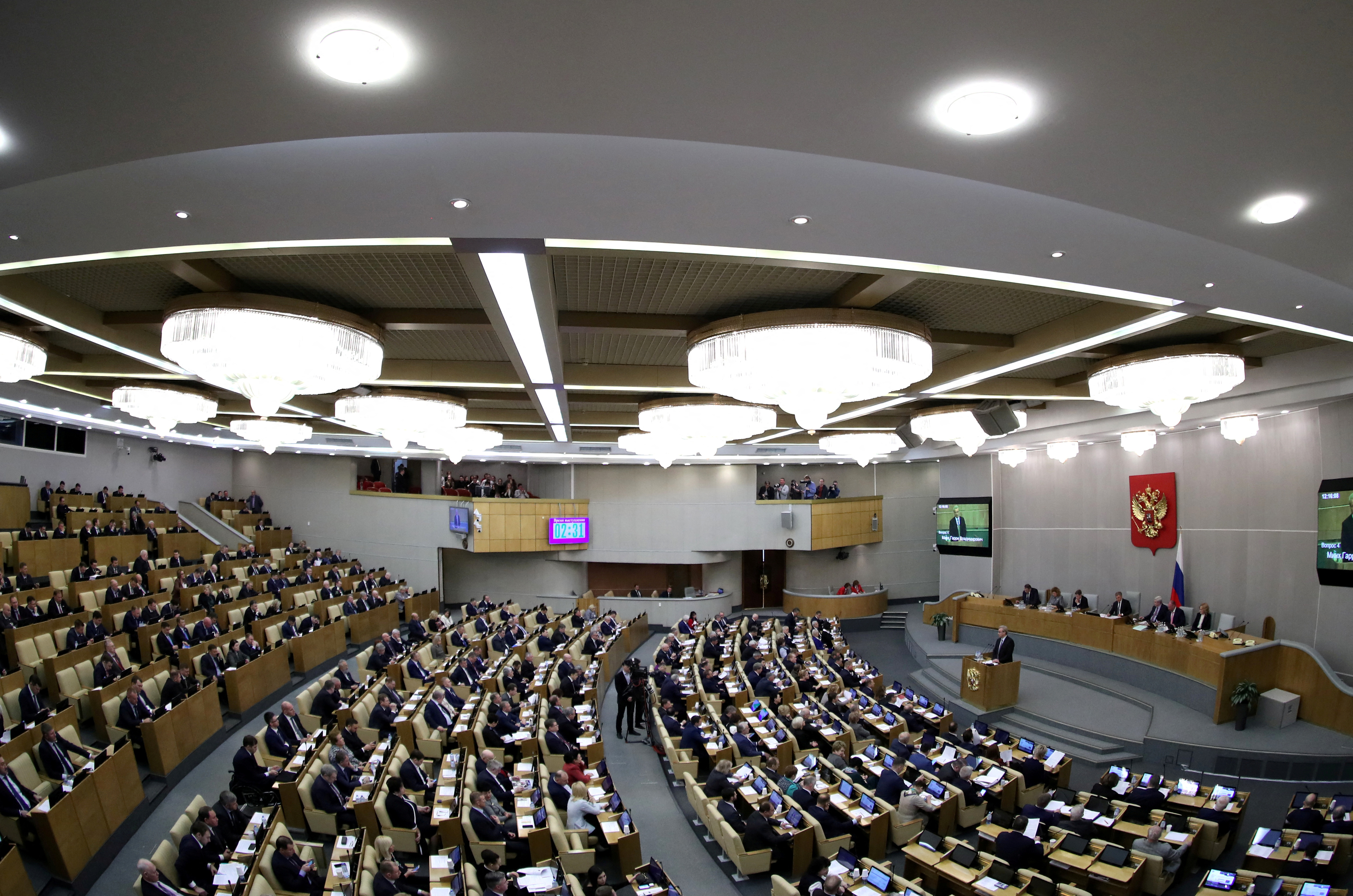30 Years of Silence and Inaction
The massacre at Srebrenica in July 1995, where 8,000 Bosnian Muslim men and boys were slaughtered, serves as a haunting reminder of the consequences of inaction in the face of human rights atrocities. More than three decades later, the echoes of this genocide continue to reverberate through both the Balkans and the broader global community, highlighting the urgent need for accountability and action in the face of rising nationalism and ethnic violence.
Nationalism Fuels Violence
As reported by the International University of Sarajevo, the Balkans" descent into chaos was largely driven by a resurgence of nationalism that sought to erase the multiethnic fabric of the region. The narrative of ethnic purity, propagated by figures like Slobodan Milosevic, fueled a climate of fear and hatred that led to unspeakable violence. This toxic nationalism is not confined to history; it is a living threat that resurfaces in various forms across the globe.

Srebrenica Memorial Center, World Jewish Congress Focus on ...
Western Inaction and Betrayal
During the conflict, the international community watched with feeble responses, as the United Nations designated Srebrenica a "safe area" while failing to protect its inhabitants. The impotence of Western governments, unwilling to intervene decisively, allowed the genocide to unfold unchecked. This failure is documented in detail by Brookings, which illustrates how the lack of political will resulted in catastrophic human loss.
Environmental Consequences of Conflict
War does not only destroy lives; it devastates the land. The aftermath of the Yugoslav wars left ecological scars that persist today. According to the U.S. Army War College, the environmental degradation caused by military actions and the subsequent neglect of natural resources have significantly impacted local communities, particularly those already marginalized. The intersection of environmental justice and war reveals a layered crisis that demands immediate attention.

Russian parliament votes to break with European Court of ...
Lessons for Today
As we witness new conflicts emerging in Europe and around the world, the lessons of Srebrenica remain painfully relevant. The photographs of the dead and the testimonies of survivors compel us to confront our collective responsibility to protect vulnerable populations from the ravages of hatred and violence. The failure of powerful nations to intervene then reflects a dangerous precedent that could repeat itself if we do not act decisively against the current waves of nationalism and xenophobia.

![[Video] Anti-ICE Protester Pepper Sprayed as CBP Agents Disperse Crowd in Minneapolis](/_next/image?url=%2Fapi%2Fimage%2Fthumbnails%2Fthumbnail-1768260677127-y71sb7-thumbnail.jpg&w=3840&q=75)

![[Video] Several injured as U-Haul truck drives through Iranian protestors in Los Angeles](/_next/image?url=%2Fapi%2Fimage%2Fthumbnails%2Fthumbnail-1768176682028-q95y6j-thumbnail.jpg&w=3840&q=75)
![[Video] Scuffle breaks out between Trump supporters and Anti-ICE protesters in Times Square](/_next/image?url=%2Fapi%2Fimage%2Fthumbnails%2Fthumbnail-1768165958203-hgcgb-thumbnail.jpg&w=3840&q=75)


![[Video] Gunfire between Iraqi security forces and Sadr militias in Baghdad](/_next/image?url=%2Fapi%2Fimage%2Fthumbnails%2Fthumbnail-1768343508874-4redb-thumbnail.jpg&w=3840&q=75)
